10 TV Shows That Outstayed Their Welcome By One Season
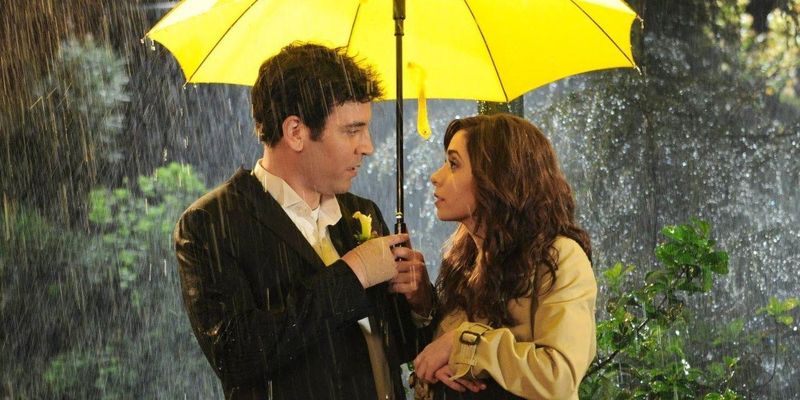
Every great show deserves a graceful exit, but Hollywood doesn’t always know when to say goodbye. Some series stick around long enough to tarnish their once-golden reputation, clinging to life with recycled storylines, awkward character changes, and finales that leave fans sighing instead of sobbing.
1. The Office (U.S.)
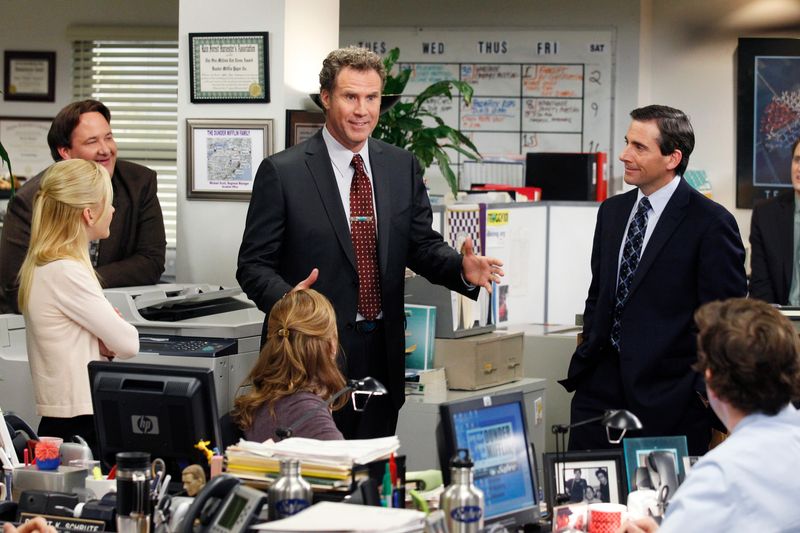
Once Michael Scott left, The Office started to lose that perfectly awkward, cringe-y charm that made it so good. Without Steve Carell anchoring the chaos, the show’s tone shifted from delightfully uncomfortable to simply confused. It felt like a group project missing its leader.
The new managers—Robert California and Nellie Bertram—brought their own quirks, but the magic chemistry of the original cast dynamic never quite returned. What was once subtle and heartfelt humor became forced and overly dramatic in the final seasons.
Had the series wrapped after Michael’s emotional farewell, The Office could have ended on one of the most satisfying notes in sitcom history. Instead, it limped to the finish line, trying to recreate moments that simply couldn’t be duplicated.
2. Dexter
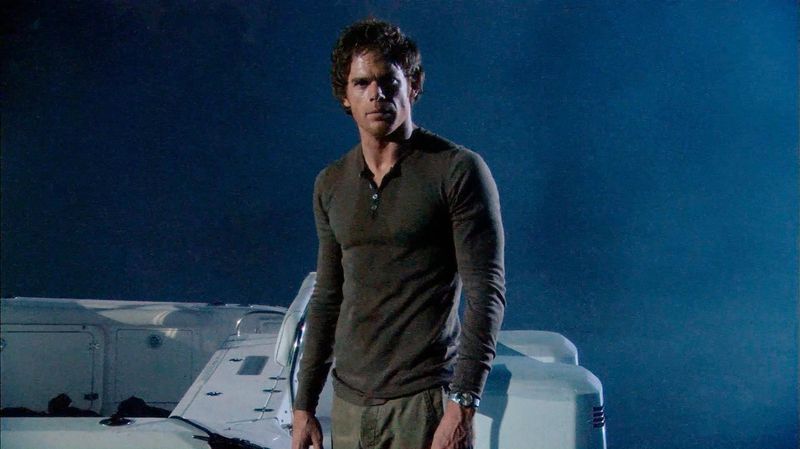
At its peak, Dexter was one of the most gripping and morally complex shows on television. The idea of a serial killer who only kills other killers was darkly fascinating—and Michael C. Hall made it impossible to look away. But as the series dragged on, the tension that once defined it began to fade.
The final season tried too hard to deliver shocking twists, often at the expense of logic and character consistency. Longtime fans were left scratching their heads as Dexter’s decisions became increasingly unbelievable.
When the show ended with him living as a lumberjack, audiences collectively sighed. It wasn’t just a bad ending—it was the wrong one. Dexter could’ve gone down as one of TV’s great antiheroes if it had stopped before swinging that final axe.
3. How I Met Your Mother
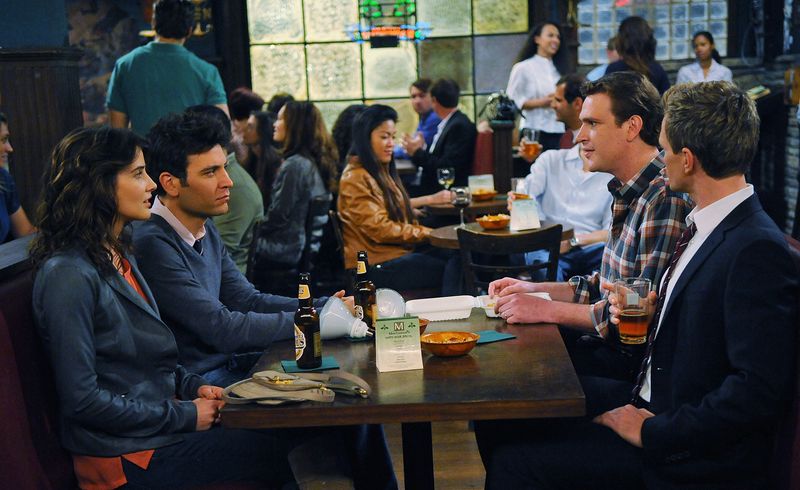
For years, fans stuck around to finally meet “the mother.” The show’s clever writing, lovable cast, and running gags made it a fan favorite—but the last season tested everyone’s patience.
Stretching one weekend (Barney and Robin’s wedding) across 24 episodes was ambitious, but ultimately exhausting. And after nine seasons of buildup, the big reveal felt rushed and unsatisfying. The controversial ending—well, it left a lot of people wishing they’d just imagined their own.
If the show had ended one season earlier, with the gang at a good place in life and Ted still hopeful, it could’ve remained one of the greatest sitcoms of all time. Instead, How I Met Your Mother proved that sometimes, it’s better not to overexplain a good story.
4. Game of Thrones
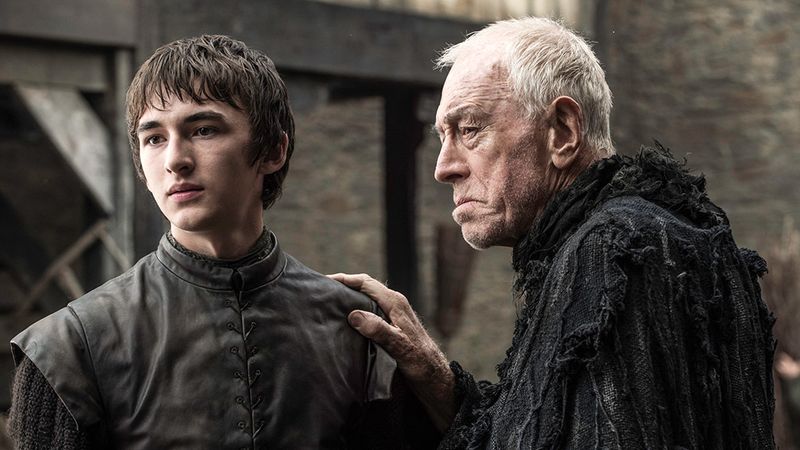
No one could deny the cultural impact of Game of Thrones. For years, it had everything—intrigue, betrayal, dragons, and unforgettable characters. But when the final season arrived, the pacing felt like someone pressed fast-forward on what should’ve been a ten-course feast.
Plotlines that once unfolded over entire seasons were resolved in a single episode. Complex character arcs—especially Daenerys and Jaime—were tossed aside for shock value. The world-building that made Westeros feel real suddenly felt like an afterthought.
If the show had ended just one season earlier, or even taken its time with a longer finale, fans might still speak of it with awe instead of frustration. Instead, Game of Thrones became a cautionary tale: even a masterpiece can burn out if it tries to end too quickly.
5. The Walking Dead
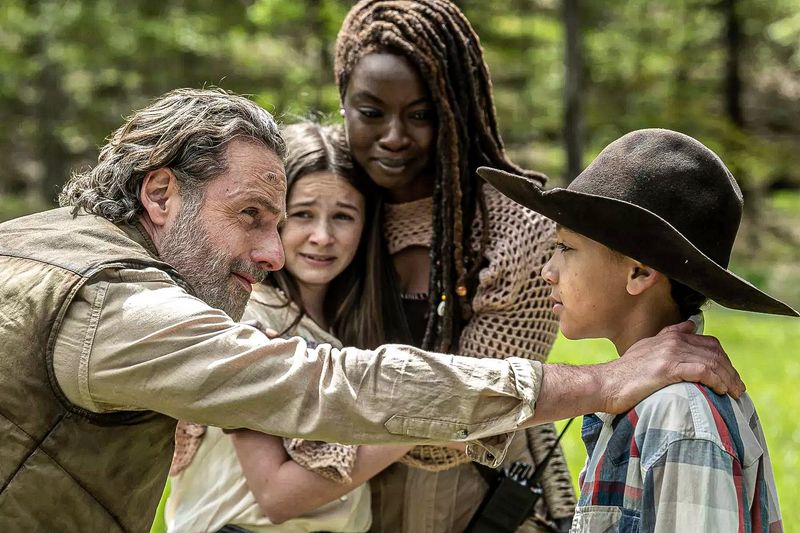
What started as a gritty, emotional story about survival quickly became a marathon of misery. The Walking Dead was once must-watch TV—filled with tension, moral questions, and deeply human characters trying to stay alive in a world gone mad.
But by the later seasons, the formula felt painfully predictable. Meet new villain, survive new villain, lose beloved characters, repeat. The show began dragging out storylines that should’ve been wrapped up long before.
If it had ended while Rick Grimes was still around and the original emotional core remained, The Walking Dead might have gone out as a television legend. Instead, it slowly turned into its own kind of zombie—technically alive, but missing its soul.
6. That ’70s Show
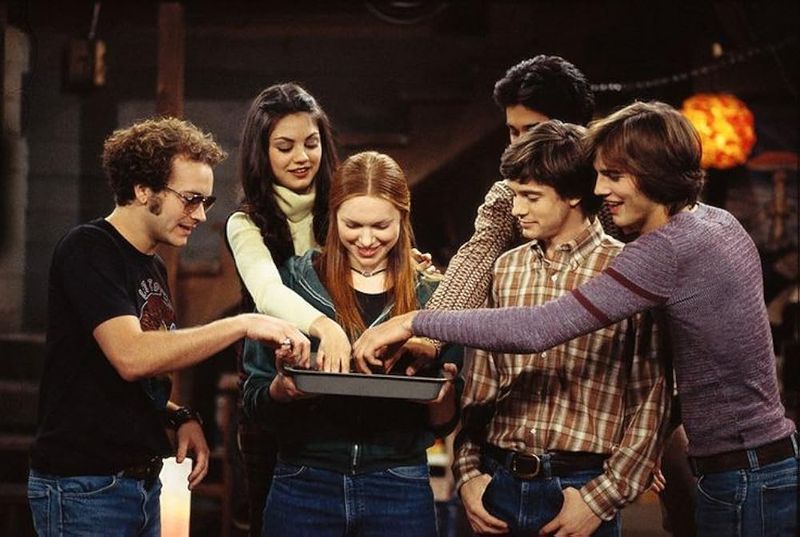
The groovy magic of That ’70s Show worked because of its chemistry. The cast was young, relatable, and full of energy—but when Topher Grace (Eric) and Ashton Kutcher (Kelso) left before the final season, it was like pulling the plug on the show’s heart.
The writers tried to keep things alive with new characters, but it never felt the same. The humor lost its spark, and the once-beloved basement hangouts felt strangely empty. It was like watching your favorite band perform without its lead singer.
If the show had ended before that awkward final season, it would’ve gone down as one of the most nostalgic, feel-good comedies of all time. Instead, it stumbled into the ’80s—and out of fans’ hearts.
7. Scrubs
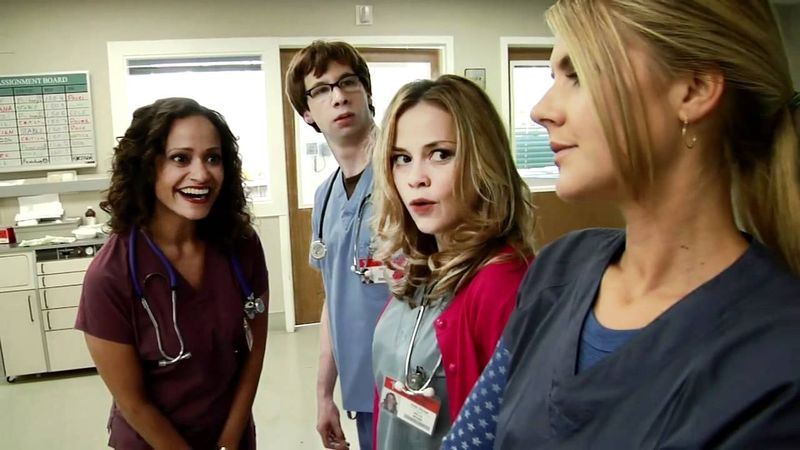
Few sitcoms balanced humor and heart like Scrubs. For eight seasons, it made audiences laugh, cry, and reflect—all while setting new standards for medical comedy. The ending of Season 8 was beautiful, emotional, and tied everything up perfectly.
Then came Season 9, a confusing quasi-reboot that no one asked for. The new characters were forgettable, and the shift to a teaching hospital made it feel like a completely different show. The charm and chemistry of the original cast were sorely missed.
Had the series ended on its original finale, Scrubs would have been remembered as one of the most satisfying conclusions in TV history. Instead, it gave us a lesson in what happens when networks just can’t let go.
8. Glee
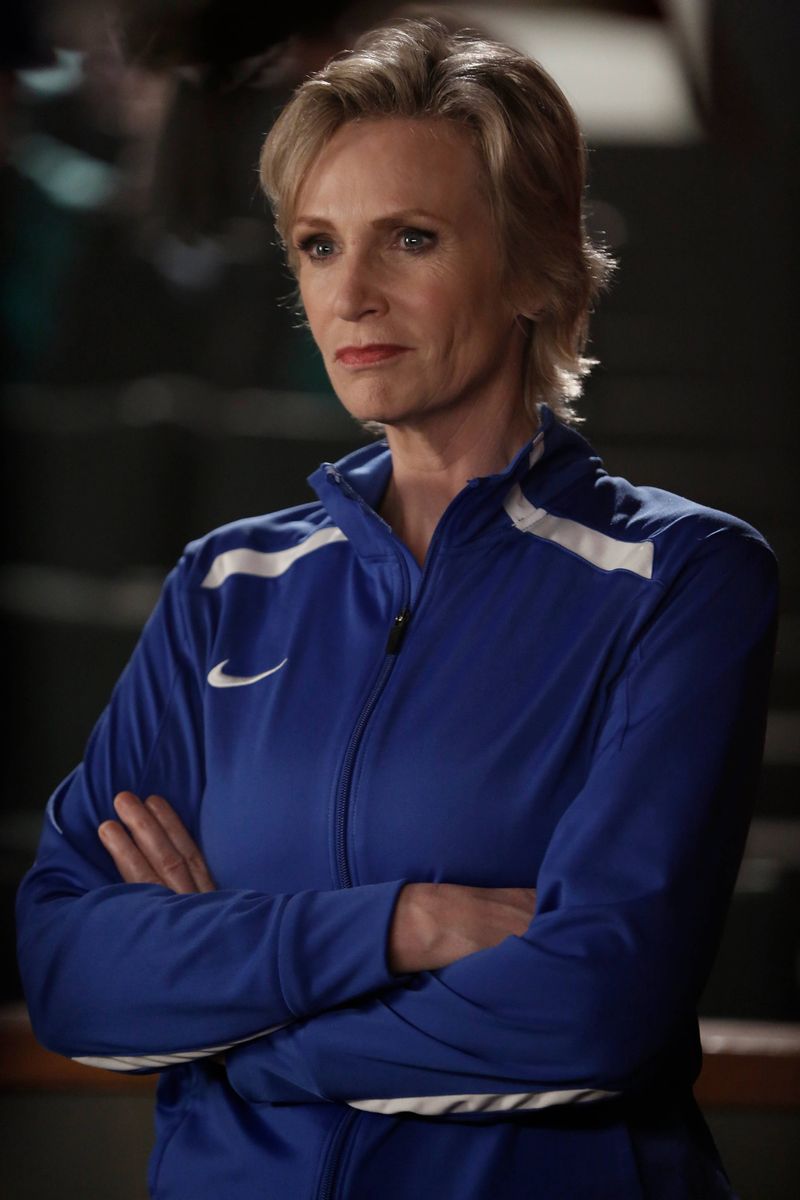
At first, Glee was a burst of creativity—an underdog story that celebrated individuality, music, and high school chaos. It was weird, wonderful, and full of heart. But as the seasons went on, the magic slowly started to fade.
By the later seasons, Glee had lost its focus. New faces replaced old favorites, and the storylines became more soap opera than satire. The emotional punch that once defined it got buried under glitter and guest stars.
Had the series wrapped up sooner—perhaps when the original cast graduated—it could’ve remained a pop-culture gem. Instead, Glee became a reminder that even the most joyful shows can lose their rhythm.
9. Prison Break
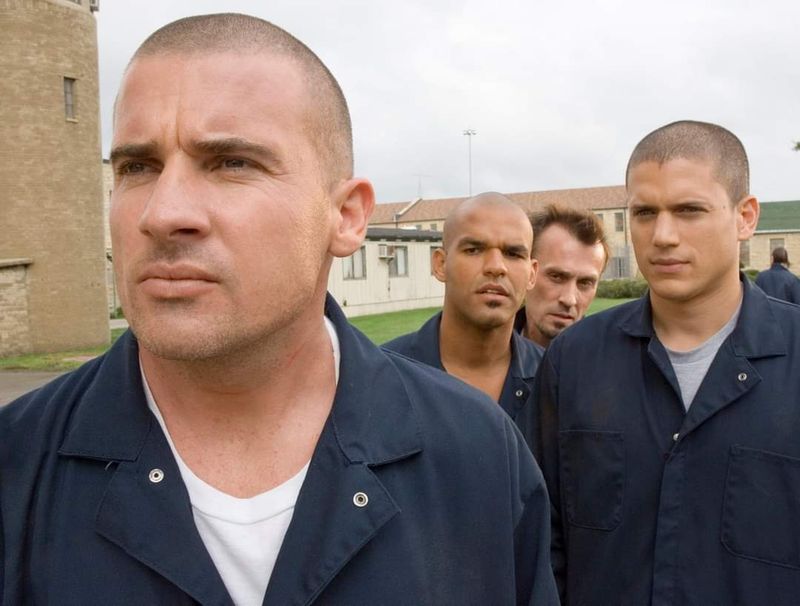
The first season of Prison Break was genius—tight, suspenseful, and filled with clever twists. Watching Michael Scofield outsmart the system to save his brother had viewers glued to their seats. But as the seasons continued, the plot stretched further from reality.
By the time the revival rolled around, it felt like the show was trying too hard to recreate its original success. The stakes kept escalating, but the emotional payoff wasn’t the same.
If it had ended after the initial escape and resolution, Prison Break would’ve gone down as one of the best one-and-done thrillers on TV. Instead, it became a lesson in how a great premise can become a parody of itself.
10. Lost
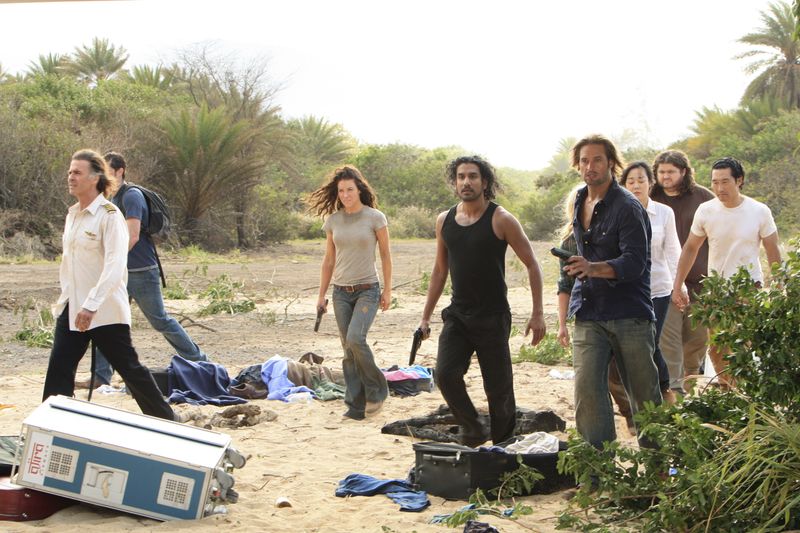
The early days of Lost were pure magic—mystery, character drama, and just enough sci-fi to keep fans guessing. But somewhere between the smoke monster and the time travel, the show began losing its way.
The final season tried to tie up years of questions, but many answers felt vague or inconsistent. What started as an intricate puzzle ended with an ending that left more confusion than closure.
Had Lost wrapped up one season earlier—while the mystery was still intriguing and the emotional stakes were clear—it might have gone down as one of TV’s greatest journeys. Instead, it left fans stranded somewhere between heaven, purgatory, and disappointment.

Comments
Loading…